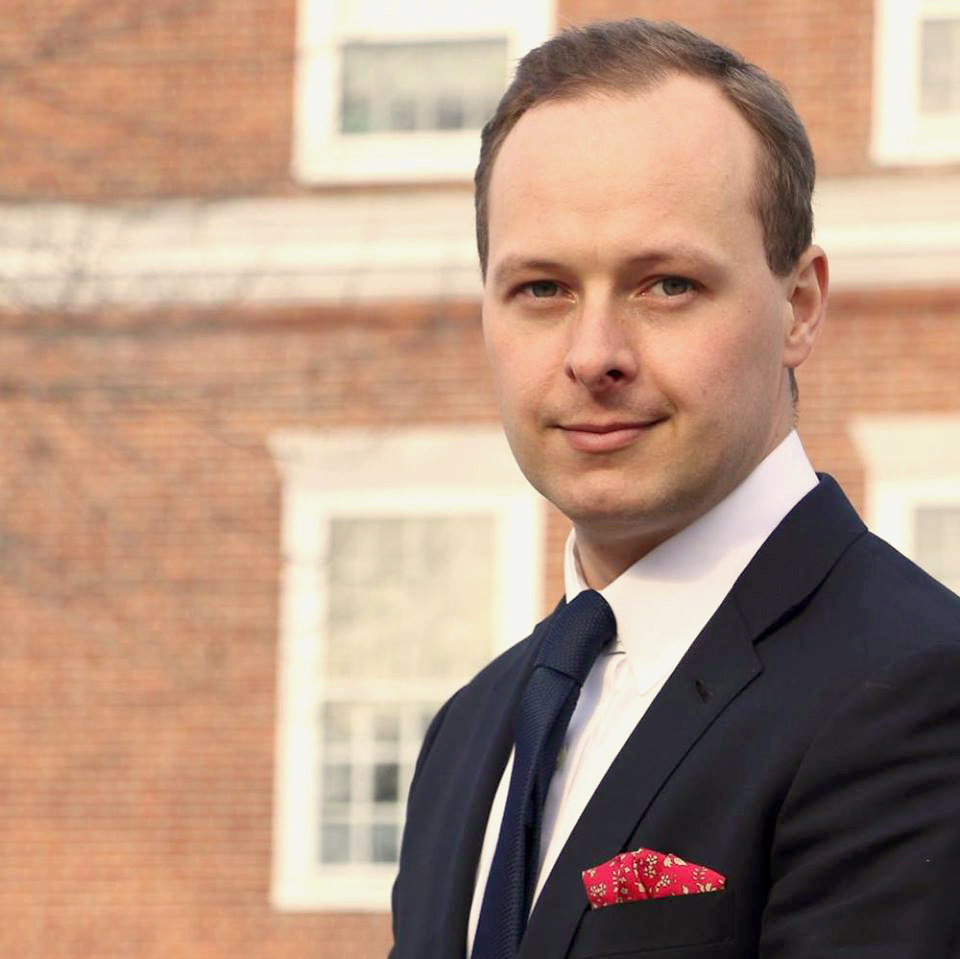Phi Theta Kappa Scholar Finds Passion in Psychology
Throughout high school, Michael Dwyer-Clonts wasn’t a particularly motivated student. So when it came time for college, he bypassed the traditional pathway and headed right into the workforce, starting an early career as a web developer.
Michael was good at his work, and even launched an ecommerce business along the way. But he had the nagging feeling that he wasn’t realizing his full potential.
When he was 28, Michael decided to pick up his first textbook since high school. In the classrooms of the local community college, he found himself invigorated, engaged in his courses in a way he hadn’t been as a teen. He earned an associate degree with honors, then decided to push himself on to get a bachelor’s degree.
A Path to Harvard
While researching programs, Michael discovered Harvard Extension School and its Phi Theta Kappa (PTK) scholarship, which would cover tuition for the first three courses. Michael applied for a scholarship but kept his other options open too.
In the months that followed he was accepted to the University of Minnesota in Minneapolis; he even attended the new student orientation and picked up his student ID card. But one day he opened his mail to find a scholarship award letter from Harvard Extension School, and he had a decision to make. “Looking back,” says Michael, “without a doubt that letter changed my life.”
I met incredible students and professors, all of whom welcomed me fully into the Harvard community.
Wanting to minimize debt and maximize his academic experience, Michael did the math and realized that an undergraduate degree from Harvard Extension School would actually be more affordable than his state university. Harvard’s excellent reputation and additional financial aid options helped finalize his decision.
Michael thrived in his three admission courses. “I had never been so intellectually challenged,” he says. After being accepted to the Bachelor of Liberal Arts Program, he enrolled in a summer course, excited by the opportunity to study on campus.
The course, Introduction to Psychology, was nothing short of a transformative experience. He was fascinated by the exploration of mental disorders, particularly addiction, and he was interested in learning how to help those who were struggling. He also enjoyed connecting with the diverse student population in Cambridge and even met his future wife at the Harvard Coop bookstore.
Before the course was over, he decided to move to Boston to finish the program. “I met incredible students and professors,” he says, “all of whom welcomed me fully into the Harvard community.”
Exploring Psychological Disorders and Treatments
Michael had a personal investment in the study of psychology, because he and his family have been touched by addiction. He decided to focus his degree in this area to conduct clinical research and prepare for a new career as a drug counselor.
To help him achieve these goals, he applied for and was granted Special Student status, which allowed him to enroll part time in Harvard College courses. He also received a Special Student scholarship. Thrilled to participate more fully in the Harvard community, he postponed his graduation for one year to work in several research laboratories, including those led by John Weisz and Ellen Langer.
“Prior to my time at Harvard, I was solely a consumer of classroom knowledge, sitting in courses and passively absorbing the material,” Michael says. “Harvard Extension School was the mechanism for transcending classroom knowledge and actively producing my own original works.”
In 2011, I enrolled in classes at my local community college. Now, in 2016, I published a book of my research and will earn my degree from Harvard. It’s been an incredible journey.
Under the guidance of Elizabeth Frates, he completed an independent reading and research project. His paper about managing problem drinking was published in the American Journal of Lifestyle Medicine and, later, expanded to a book, A Frenzied Mind: Clarifying the Science Behind Addictive Disorders.
The Future
After graduation, Michael will begin his new career as a licensed alcohol and drug counselor at a treatment center in St. Cloud, Minnesota. He hopes to continue conducting clinical research there. He’s also writing a second book about lifestyle medicine, and he plans to apply to doctoral programs.
Michael is amazed and humbled by how far he’s come in a few years. “In 2011, I enrolled in classes at my local community college. Now, in 2016, I published a book of my research and will earn my degree from Harvard. It’s been an incredible journey.”

